Thai company eyes cassava, oil palm investment in Laos
- Vientiane Times
- 02 September 2011
The RTL World Trade Company wants to grow about 50,000 hectares of cassava and oil palms in Vientiane province.
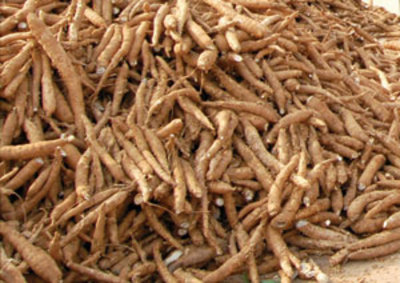
The RTL World Trade Company wants to grow about 50,000 hectares of cassava and oil palms in Vientiane province.
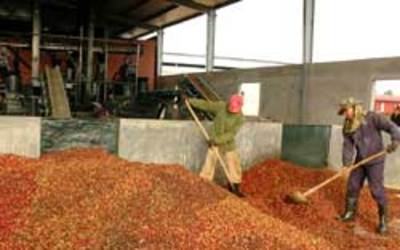
A new Chinese-controlled town inside Laos where Laotians are not welcome.
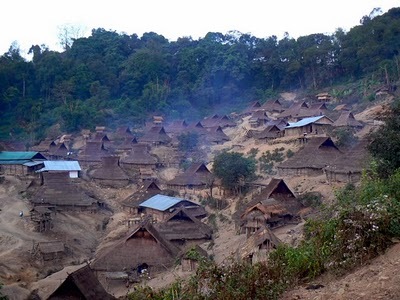
More than 50 percent of land concessions granted for investment projects result in detrimental affects to Laos, according to an expert from the National Land Management Authority
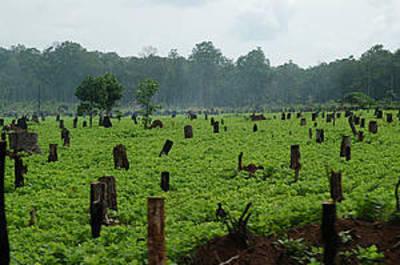
The granting of land leases and concessions for some investment projects is unacceptable, as some projects negatively impact on the environment and livelihoods of local people.
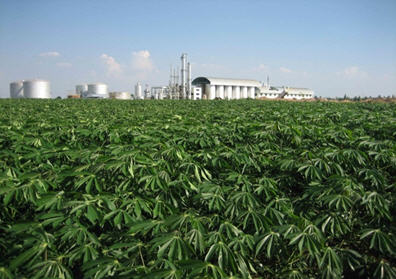
China and other nations are making Laos an industrial farm, to the detriment of its ecology

The government will allow foreign companies and individuals to invest in rice cultivation in Laos, Prime Minister Bouasone Bouphavanh announced on Friday
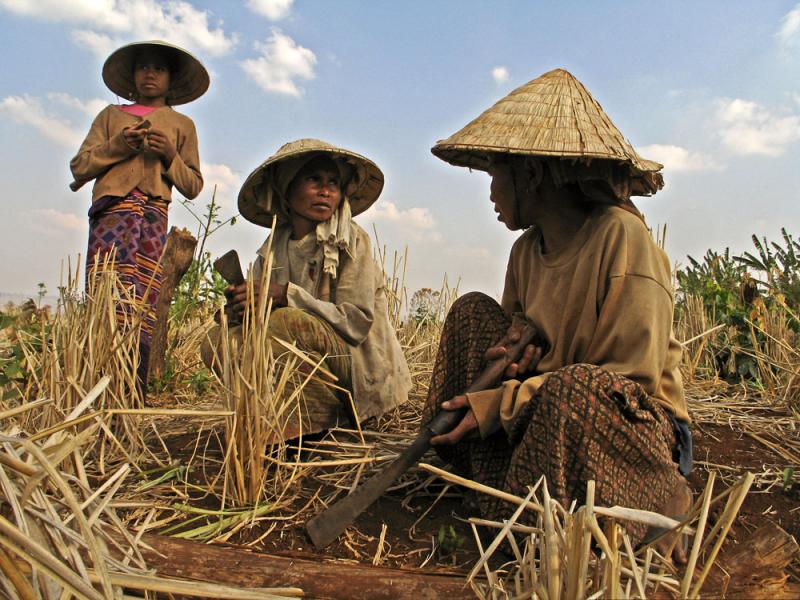
Kuwait has provided US$350,000 to the Lao Ministry of Agriculture and Forestry to study the suitability of extending irrigation so rice can be grown for export to Kuwait.
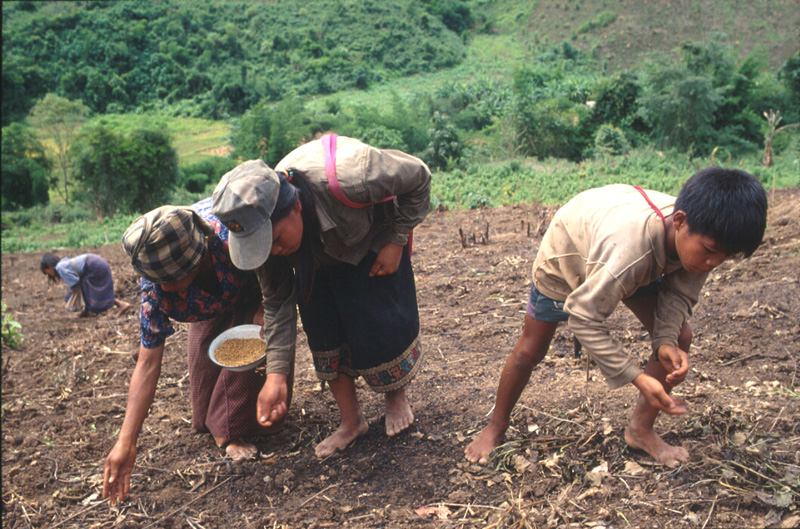
FIDP has launched a Cambodia and Laos fund, “an extended China play” that will focus largely on agriculture, seeking to benefit from China’s desire for food security.
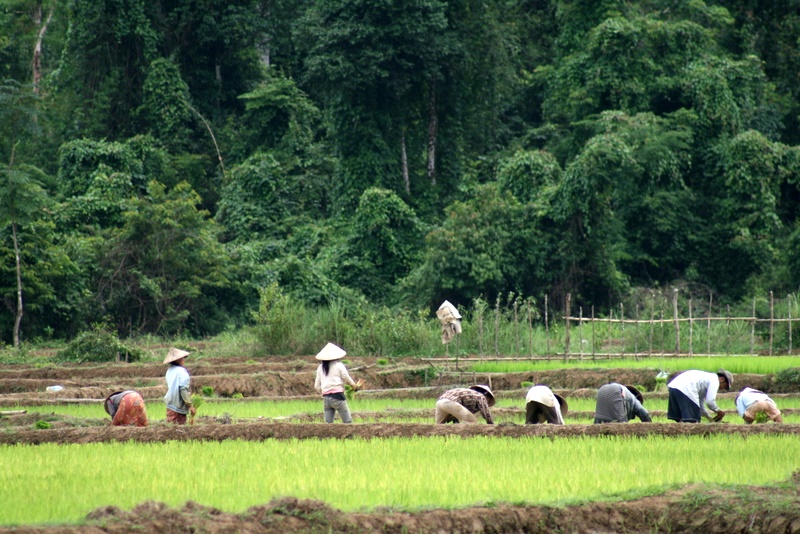
The Lao side will consider a request by Mongolia to seek agricultural land of up to 10,000 hectares to produce rice and other crops. Also under consideration is a proposal by Mongolia to develop sheep farming in Laos.

Leopard Capital's second Cambodian fund is expected to continue investment in agriculture, as well as potentially including investment in Laos.
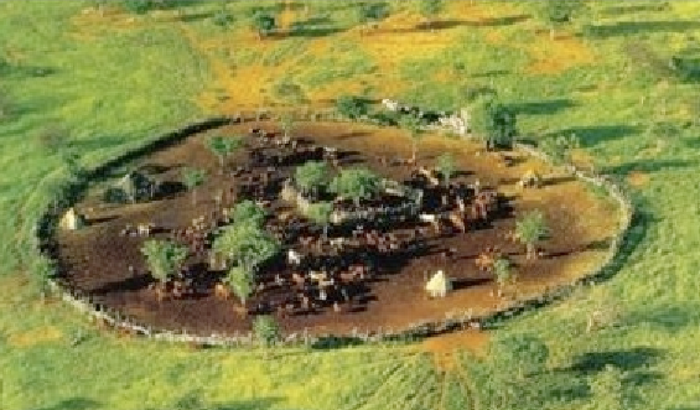
On behalf of the German Federal Ministry for Economic Cooperation and Development, the GTZ have published a new study on FDI in land in developing countries.

Khon Kaen Sugar Industry Plc aims to invest about 15 billion baht over the next five years to double its sugarcane output in Thailand and continuously expand its presence in Cambodia and Laos.

|
Obsolètes, les réformes agraires ?
|